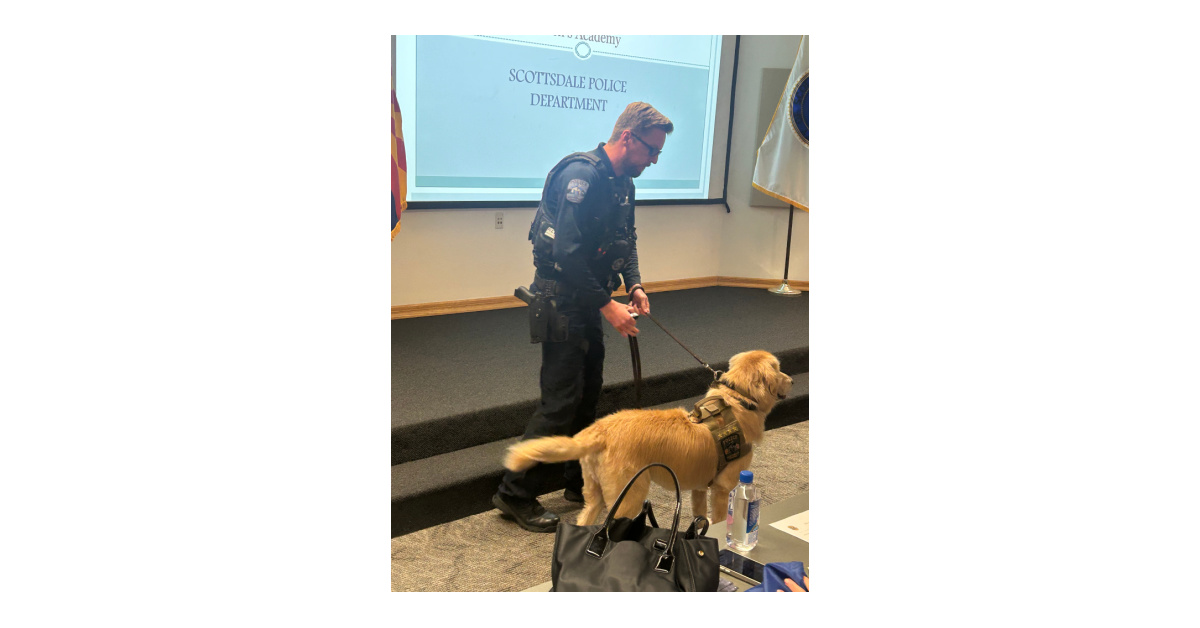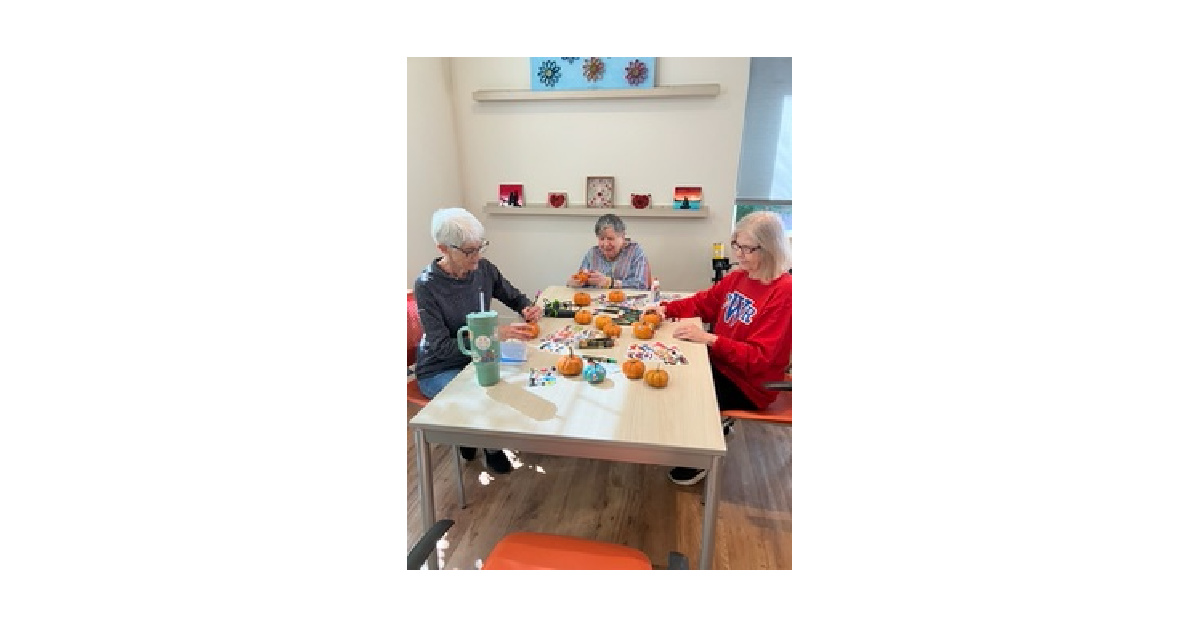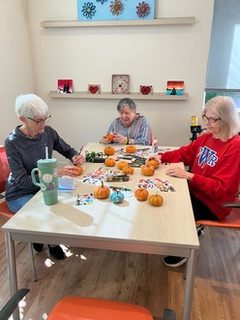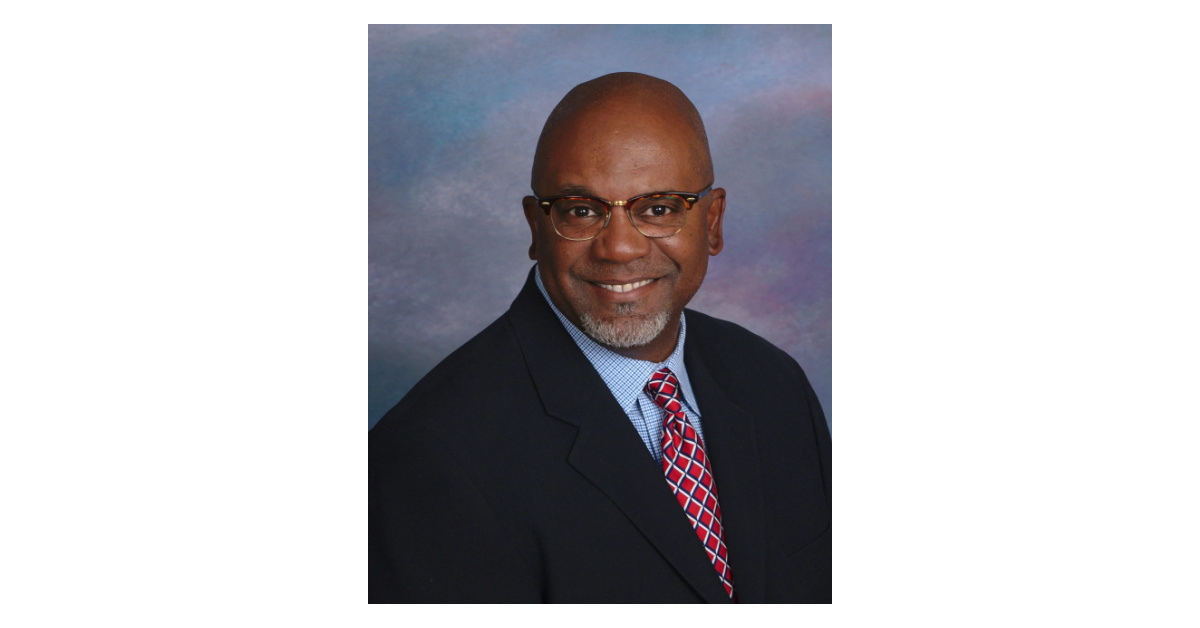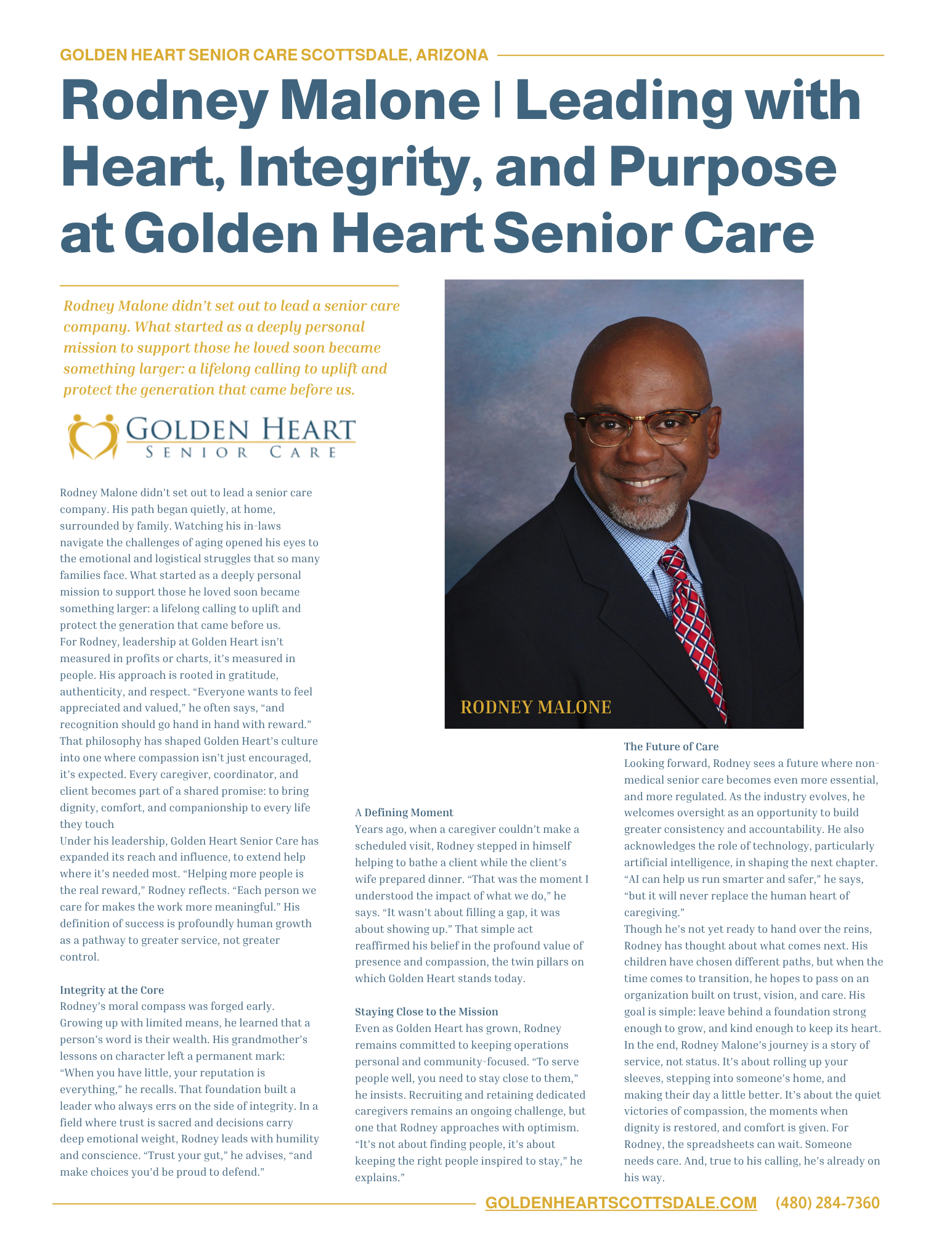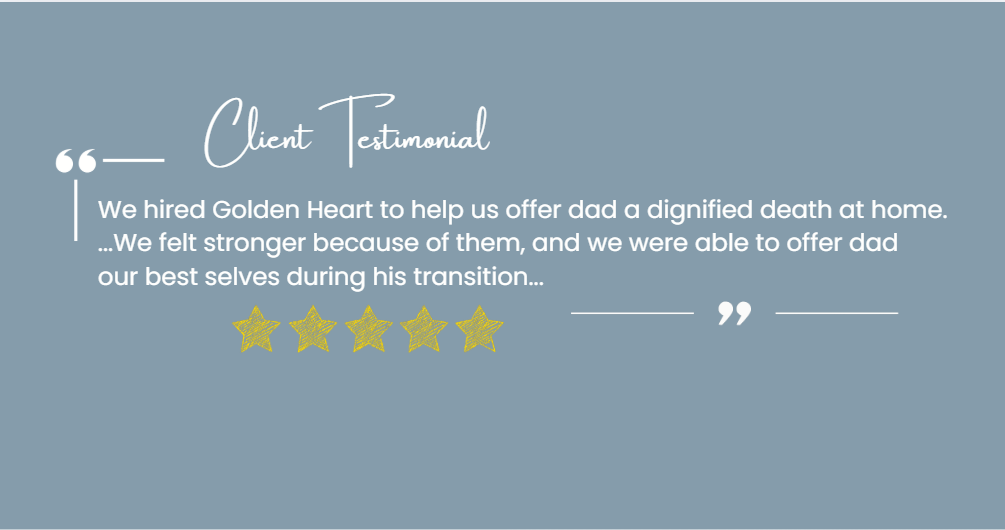Helping a senior parent with hygiene tasks can be tricky. But, seniors who are living independently often do need extra support with tasks like showering and brushing their teeth. Falling in in the shower is one of the most common ways that seniors get hurt. If your parent needs extra support to shower and take care of hygiene safely, and you can’t be there with your parent every day to help them, personal care at home is a good option.
Personal care at home is a type of home care for seniors focused on helping seniors with tasks like hygiene, cleaning up, getting dressed, and getting in and out of bed if they have mobility challenges.
Getting personal care at home can help you and your senior parent avoid injuries and awkwardness. And you will have the peace of mind of knowing that a professional with training is helping your parent.
How Personal Care At Home Can Help
A caregiver that is trained to help seniors with personal care usually has extra training in things like how to use common transfer aids like lifts or belts. They also know how to provide the physical support seniors need while they are showering, using the bathroom, or getting dressed. Some of the ways that that care provider trained in personal care can help your parent are:
Help With Showering or Bathing
Bathing can be hard for seniors, especially if they have trouble standing, bending, or keeping their balance. A personal care provider can help your parent take a safe and comfortable shower or bath.
They can help them get in and out of the tub or shower, wash their body, and dry off afterward. They make sure the water is the right temperature and that your parent doesn’t slip or fall. Bathing regularly also helps prevent skin infections and keeps your parent feeling fresh and clean.
Assist With Washing Up
Sometimes, a full shower isn’t needed every day, but it’s still important to stay clean. A personal care provider can help your parent wash their face, hands, underarms, and hard to reach areas, especially in the morning or evening.
This kind of daily washing helps your parent stay clean in between showers. It’s also helpful if your parent has trouble using the sink on their own.
Help With Dressing and Grooming
Getting dressed may seem simple, but it can be difficult for someone with pain, stiffness, or limited movement.
A personal care provider can help your parent choose clothes, get dressed, and button or zip their clothing.
They also assist with grooming tasks like brushing hair, shaving, and putting on lotion or deodorant. These things help your parent look and feel like themselves, which is important for self-esteem.
Assist With Transfers and Moving Safely
If your parent has trouble standing up, sitting down, or moving from one place to another (like from the bed to a chair), a personal care provider can help with safe transfers.
They are trained to use proper techniques to avoid injuries for both your parent and themselves. They can also help your parent use a walker or wheelchair if needed. This support keeps your parent safer and helps them avoid falls or accidents.
Check the Skin for Problems
Older adults are at higher risk for skin issues like rashes, pressure sores, or cuts—especially if they spend a lot of time sitting or lying down. A personal care provider can check your parent’s skin during daily care routines.
They look for any redness, dryness, or open areas that might need attention. If they notice a problem, they can report it to the family or nurse right away. Catching these problems early helps prevent infections and keeps your parent more comfortable.
If you or an aging loved one is considering personal care at home in Scottsdale, AZ, please call the caring staff at Golden Heart Senior Care of Scottsdale at (480) 284-7360. We are here to help!

